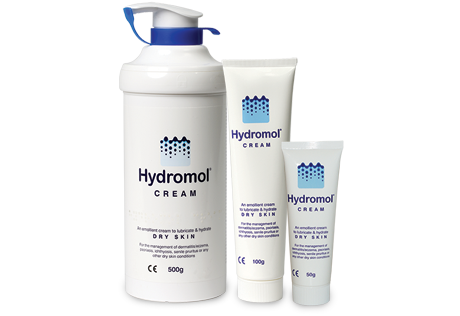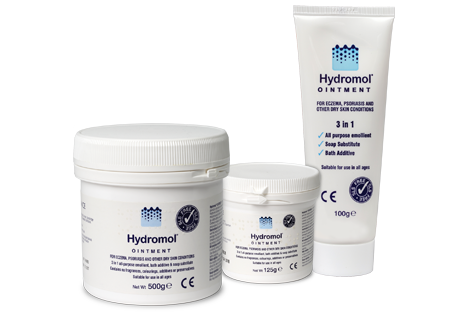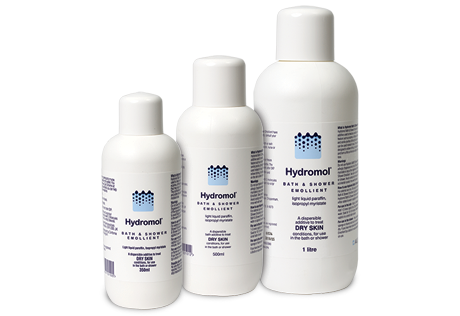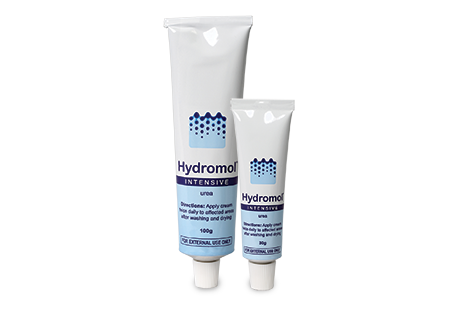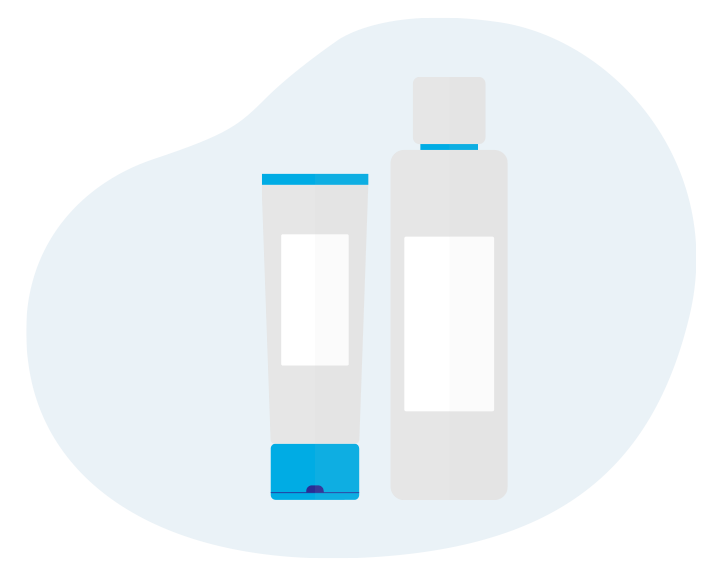

Aging

Chronic illness

Skin conditions (ie: chronic eczema, dermatitis, psoriasis,...)

Mechanical injury

Radiotherapy
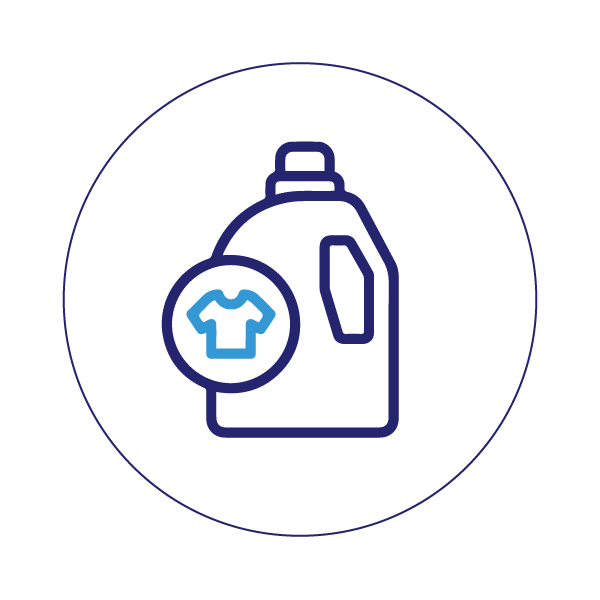
Regular detergent use

Regular sun exposure

Immobility
When the skin becomes damaged, moisture evaporates through the skin into the air, this is known as transepidermal water loss (TEWL).
The skin will naturally regulate water loss and retain hydration.
However when compromised, it causes the skin to become dry, dehydrated and itchy, leading to rubbing and scratching. This in turn can lead to more damage and increases your risk of infection.
With a vulnerable skin, the barrier that usually protects the skin from injury is also weakened leading to a greater risk of causing injury, such as skin tears and pressure ulcers.
Emollients play a key role in helping to restore the skin’s barrier function as they can help to reduce itching and increase hydration.
If you have vulnerable skin that is at risk of being easily injured, for example if you have fragile or aged skin, emollients should be considered as an essential part of your daily skin care.
By using an emollient at least twice a day, you can reduce your risk of skin tears and by cleansing with an emollient instead of soap, you can also help to protect and hydrate vulnerable skin.
Emollients come in a range of formulations which can be used individually or collectively as complete emollient therapy regime.
NEXT SECTION
The Living with Eczema App
Find out more and how to download.
NEXT SECTION
Useful Links
Check out useful links to help you with your condition.
NEXT SECTION
About Eczema
Find out more about skin and eczema.
NEXT SECTION
What is Eczema
Find out more about the different types of eczema
NEXT SECTION
Living with Eczema
Discover hints & tips to help manage your condition on a daily basis
NEXT SECTION
Treatment Options
Find out more about the different treatment options available.
NEXT SECTION
Parents & Carers
Find out more about how to support your child with their eczema.
NEXT SECTION
The Living with Eczema App
Find out more and how to download.
NEXT SECTION
Useful Links
Check out useful links to help you with your condition.
NEXT SECTION
About Eczema
Find out more about skin and eczema.
NEXT SECTION
What is Eczema
Find out more about the different types of eczema
NEXT SECTION
Living with Eczema
Discover hints & tips to help manage your condition on a daily basis
NEXT SECTION
Treatment Options
Find out more about the different treatment options available.
NEXT SECTION
Parents & Carers
Find out more about how to support your child with their eczema.
